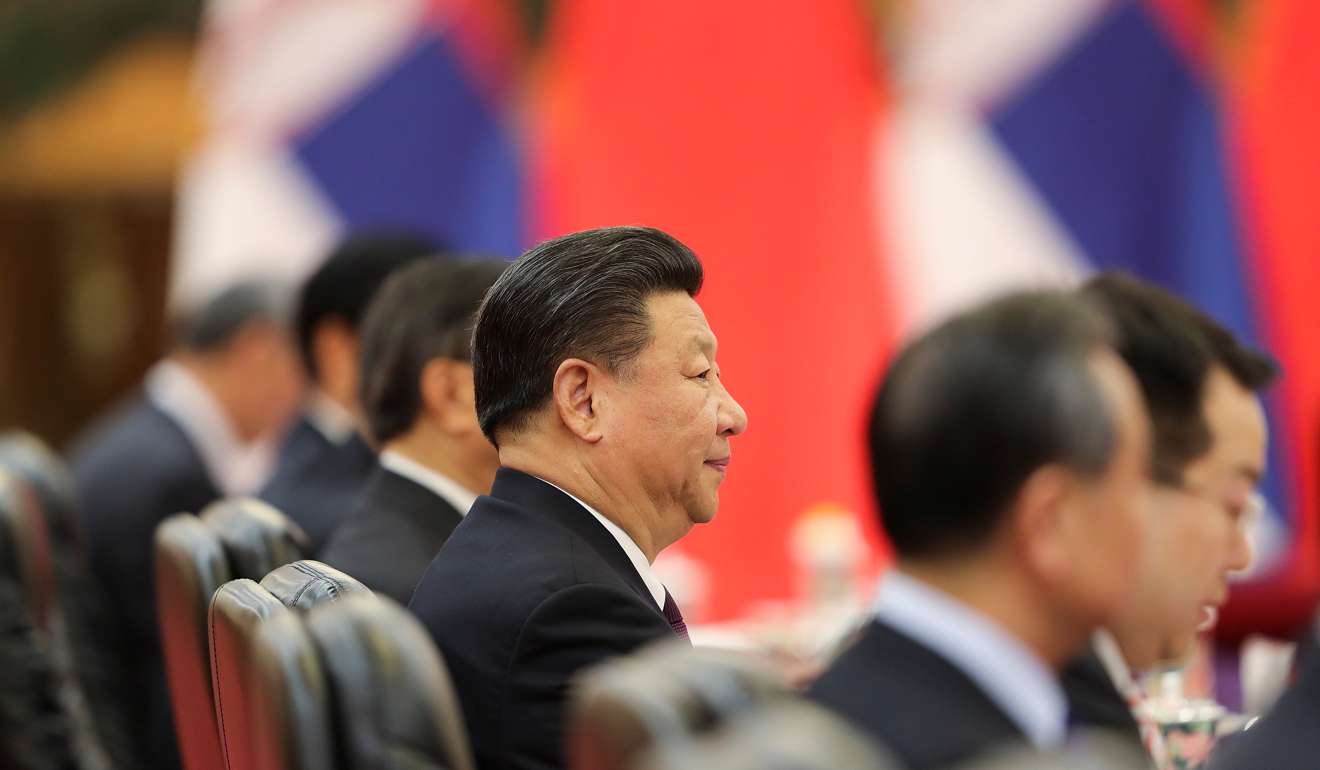
Comment: Take protests about Trump’s protectionism with a pinch of salt
An informal summit with China is around the corner, and outrage about proposed US import tariffs will be in the spotlight – but concerns are overblown
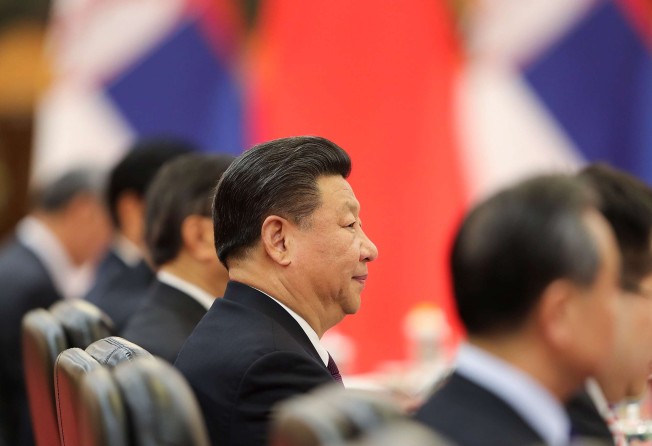
When the Chinese and US presidents meet next weekend at Donald Trump’s “Southern White House” at Mar-a-Lago in Florida, both sides will play down the angry rhetoric of recent months, especially about trade.
The tensions will remain. If anything, Washington’s failure last month to repeal and replace Obamacare makes it more, not less, likely that the US administration will embrace tax changes its opponents regard as deeply protectionist and damaging to relations with America’s largest trading partners, especially China.

On examination, the criticisms are largely misguided. But that will do nothing to lessen the friction.
Quite how much Trump really cares that the Republican party’s proposed replacement for Obamacare failed to pass in the House of Representatives is debatable. During his campaign, he strongly suggested that he would have preferred a more socialised form of health care.
The advantage of the proposed bill to the White House was that it would have freed up fiscal resources to help fund a policy that the president really does care about: tax cuts that he believes will place him alongside Ronald Reagan as a pro-growth economic reformer.
The trouble for Trump is that the Republicans in Congress insist that any fiscal reforms must lead to a balanced budget within 10 years. That means if the president is to cut the corporate income tax rate from approximately 35 per cent to 20 per cent as he wants, he must come up with an alternative source of revenue.
One option would be to impose outright tariffs on imports. But that would inevitably lead to retaliation and damaging trade conflicts with America’s most important economic partners.
The other option would be to press ahead with proposals put forward by the House Republicans for a so-called “border adjustment tax”. This would impose a tax on imported goods and services while providing tax rebates for exporters. To critics it is no less protectionist and destructive than simple import tariffs. But in practice it would be little different from the tax regimes in force in America’s largest trading partners, including both Germany and China.
Under its current system, which relies heavily on taxing corporate income, the US taxes production. In contrast, most other big economies apply value-added taxes (VAT), which means they rely more on taxing consumption.
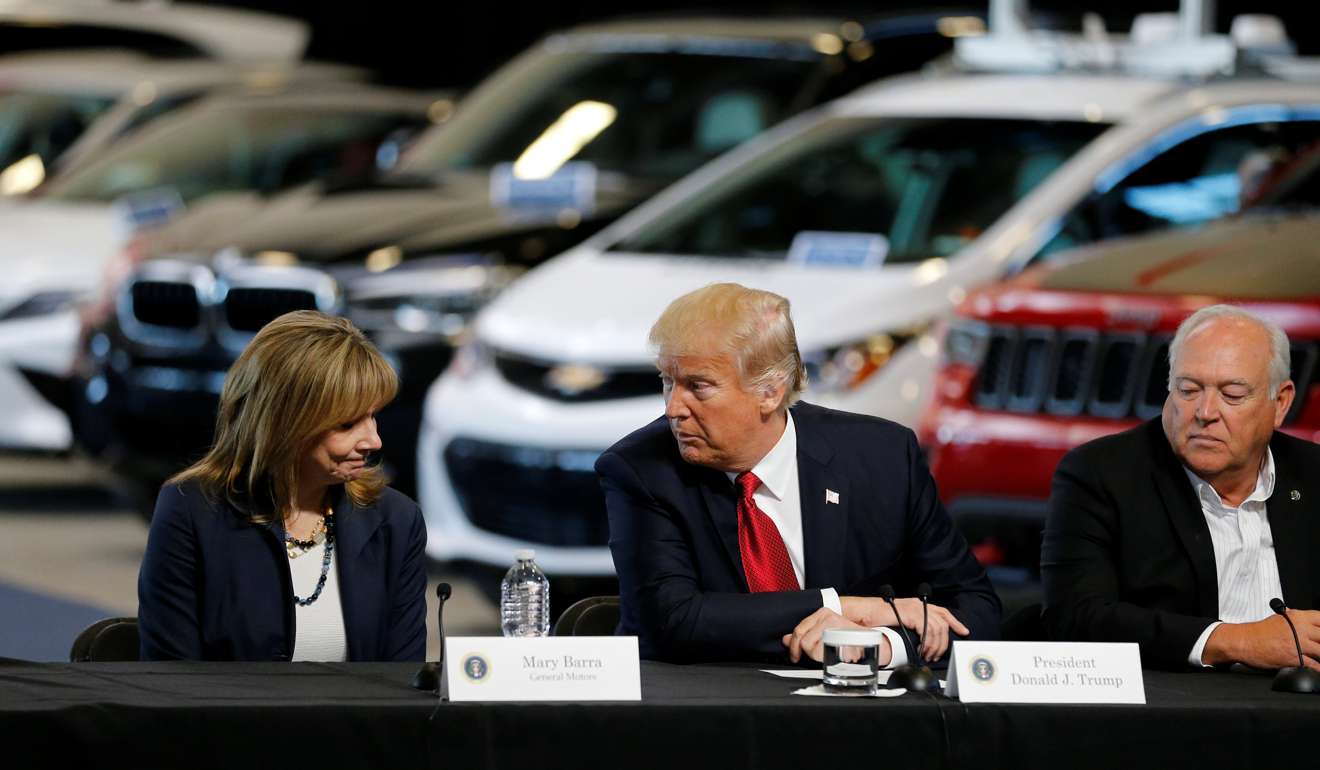
This discrepancy has some curious effects. If Daimler in Germany builds a Mercedes car and exports it to the US, the Stuttgart-based manufacturer receives a full VAT rebate from the German government. And when the car is imported into the US, it is subject to no federal taxes.
In contrast, if General Motors builds a Cadillac in Detroit and exports it to Germany, the company is taxed on its US production. Then the car is subject to VAT when it is sold in Germany.
In effect, German cars in the US are sold free of tax, while American cars sold in Germany are double-taxed, which is why you never see Cadillacs on the Autobahn.
Far from being a protectionist measure, as its critics allege, the proposed US border adjustment tax is intended to level the uneven playing field imposed on American producers by the current US tax regime.
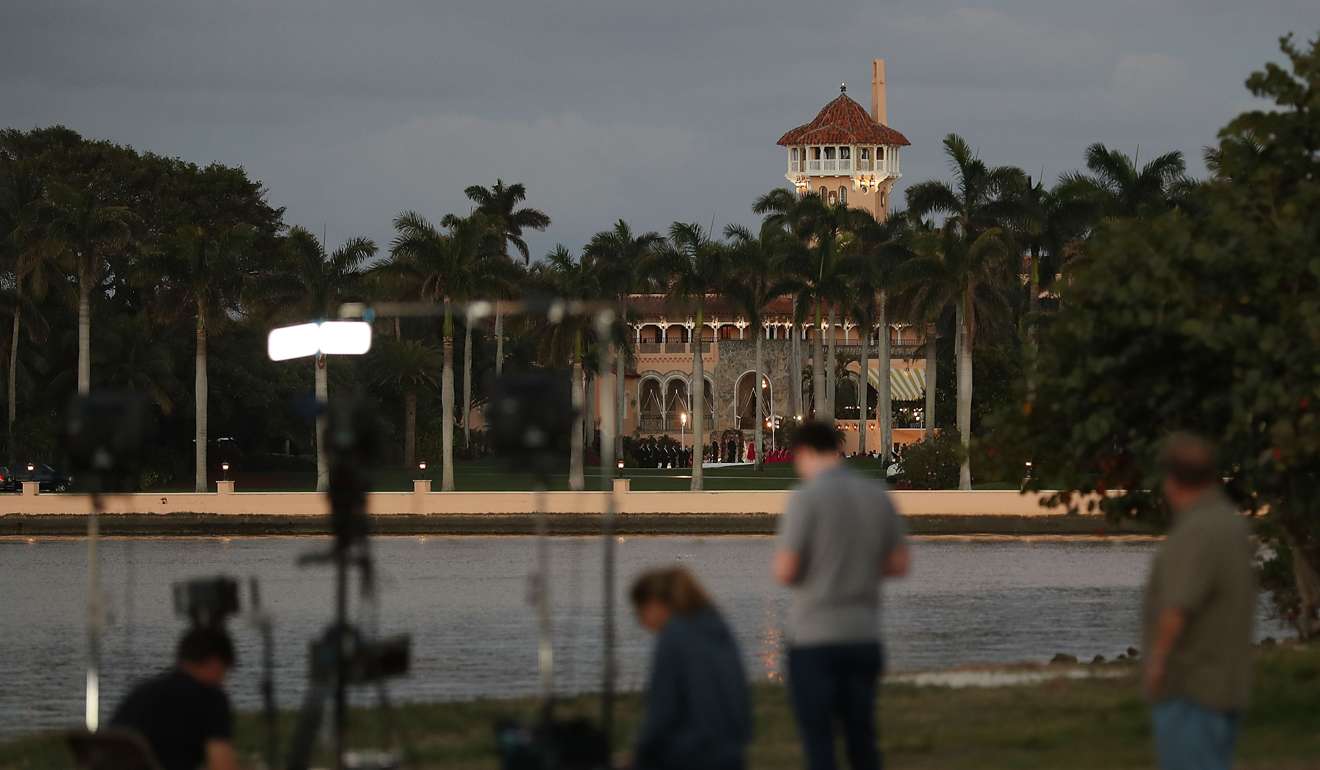
And rather than damaging international trade, most economists believe the border adjustment tax would have no impact on trade volumes. That is because in theory, the US dollar would strengthen in the foreign exchange market just enough to offset any trade advantage gained though the adjustment in tax rates.
But theory is a slippery thing. The rebate of a 20 per cent corporate tax rates on exports, and the imposition of a 20 per cent tax adjustment on imports, would imply the US dollar should strengthen 25 per cent against the currencies of America’s major trading partners.
However, many economists believe the US dollar is already overvalued by around 25 per cent. In consequence, the application of the proposed border adjustment tax would see the US dollar move overnight from a 25 per cent overvaluation to fair value. This would result in a major gain in competitiveness for US-based companies that would boost domestic production, discourage imports and incentivise companies to relocate to America – exactly the outcomes Trump promised during his election campaign.
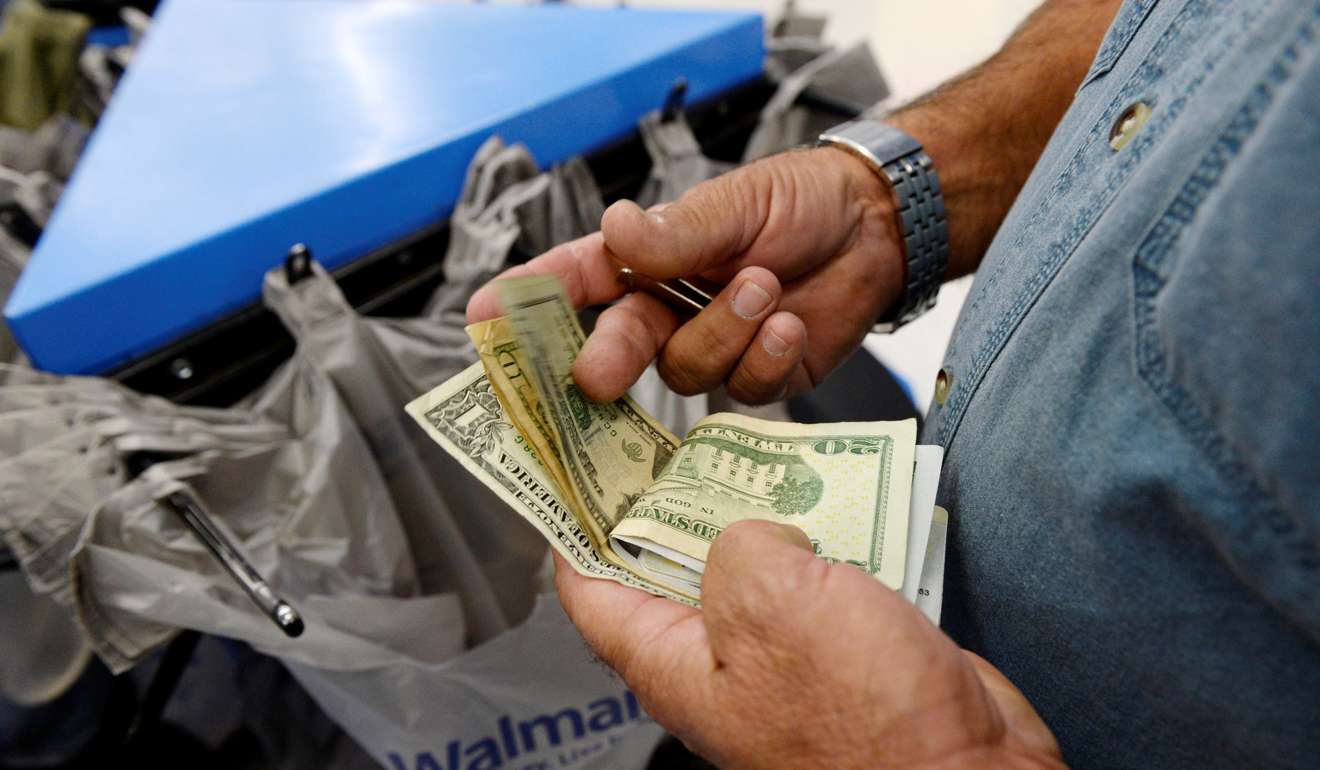
None of this means the proposed tax reforms are a foregone conclusion. The big US retailers like Walmart, which sell mostly imported goods, are resolutely opposed to the measures. And they carry a good deal of political heft, especially in the Senate.
And, of course, the idea of a border adjustment tax will attract vehement criticism from foreign leaders, including Xi Jinping (習近平). However, given that backers of the proposed reform are not planning to do anything that America’s trading partners, including China, do not already do, any protests next week at Mar-a-Lago should be taken with a pinch of salt. ■
Tom Holland is a former SCMP staffer who has been writing about Asian affairs for more than 20 years